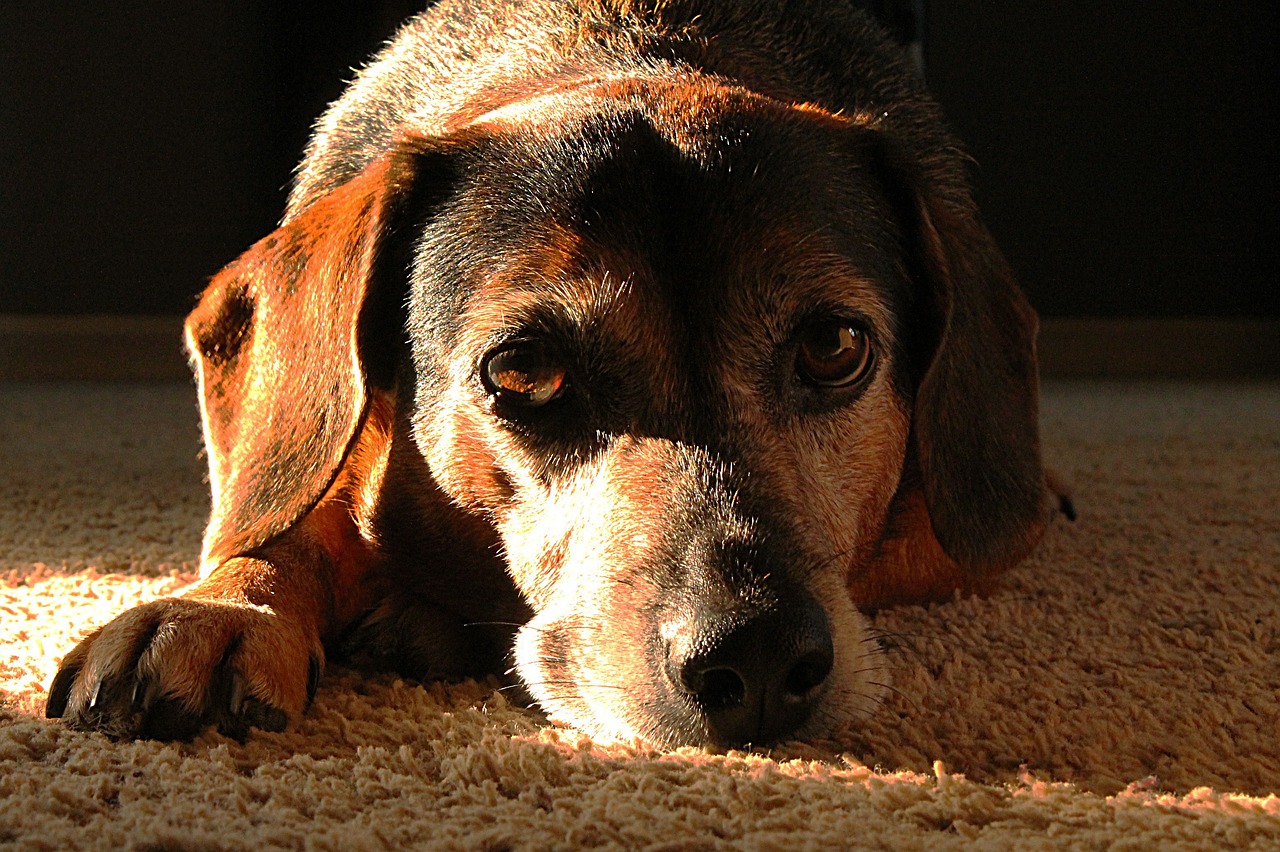As pets age, they may require additional care and attention to keep them healthy and comfortable. Senior pets, which are typically dogs over seven years old and cats over ten years old, have different needs than younger pets. In this blog, Alta Vista Animal Hospital provides insights and tips for caring for your senior pets.
Regular Veterinary Check-ups
Routine vet visits are essential for senior pets. Schedule regular check-ups to catch potential health issues early, and your vet may recommend blood tests or imaging to monitor your pet’s health. Keep your senior pet up-to-date on vaccinations and preventive treatments for fleas, ticks, and heartworms.
Appropriate Diet and Nutrition
As pets age, their dietary needs change. Look for pet food formulated for senior pets, which may have different protein and fat levels. Maintaining a healthy weight is essential to avoid stress on joints and organs. Discuss supplements for joint health, skin, and coat with your vet if necessary.
Exercise and Mobility
Adjust exercise routines to suit your senior pet’s abilities. Moderate, low-impact exercise helps keep senior pets active without causing strain. Consider using ramps or pet steps to aid pets with mobility issues, and monitor your pet for signs of pain, consulting your vet for options like medication or physical therapy.
Dental Care
Dental health is crucial for senior pets. Schedule professional cleanings as needed and brush your pet’s teeth regularly to prevent dental disease. Watch for signs of dental issues like bad breath, difficulty eating, or excessive drooling.
Comfortable Living Environment
Make adjustments to your home to accommodate your senior pet. Provide comfortable, supportive bedding to help with joint pain. Keep your home at a comfortable temperature for older pets who may be more sensitive to heat or cold. Ensure your pet can easily access food, water, and their favorite resting spots.
Mental Stimulation
Keep your senior pet mentally active with puzzle toys and interactive play. Short training sessions can help keep their brain sharp, and spending quality time engaging in gentle play or cuddling keeps them happy and connected to you.
Monitoring Health Changes
Watch for any changes in your senior pet’s health. Monitor changes in behavior, mood, energy levels, and appetite, as well as water intake, as increased drinking can indicate potential health issues like kidney disease or diabetes. Look for signs of pain, such as limping or reluctance to move, which may signal joint pain or other health problems.
Caring for senior pets requires extra attention to their specific needs as they age. By providing regular veterinary care, a proper diet, gentle exercise, dental care, and a comfortable living environment, you can help your senior pet enjoy their golden years in good health and happiness. For any questions or concerns about your senior pet’s care, don’t hesitate to contact Alta Vista Animal Hospital. We’re here to help you provide the best possible care for your beloved older pet!




